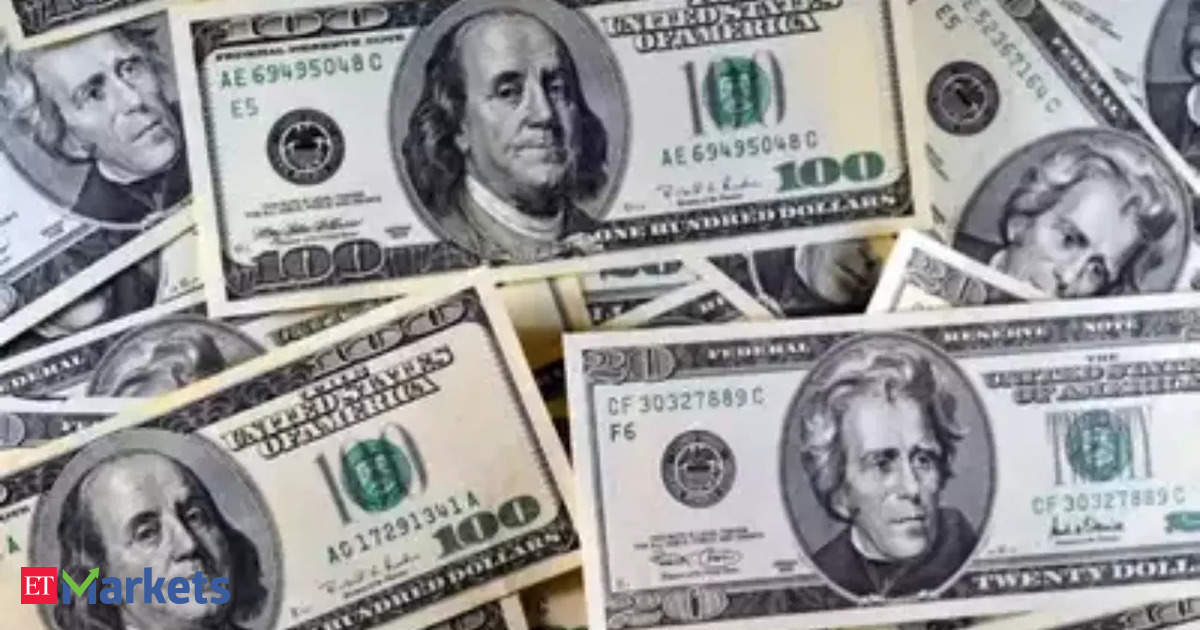Dollar stands tall as US rate-cut bets recede
The dollar made a 34-year high on the yen and five-month top on the euro on Friday and traded near those levels early in the day, buying 153.24 yen and a euro for $1.0646. There was little initial reaction to a weekend attack on by Iran.
The Australian and dollars rose very slightly to lift away from lows, with the Aussie up 0.2% to $0.6475 after briefly touching a two-month trough of $0.6455.
The kiwi, which hit a five-month low on Friday, nudged 0.2% higher to $0.5946. Bitcoin, which like the Aussie and kiwi can be a barometer of market sentiment, fell last week and in weekend trade but steadied on Monday to $65,721.
Iran had warned of a strike on Israel and over the weekend launched drones and missiles in retaliation for what it said was an Israeli attack on its Damascus consulate. It caused modest damage and Iran said it now "deemed the matter concluded."
Two senior Israeli ministers signalled on Sunday that retaliation was not imminent and that Israel would not act alone, leaving the region on edge over the risk of a broader war, while financial markets were in wait-and-see mode.
"It is too early to judge," said , senior market strategist at BNZ in Wellington.
"It was really a symbolic attack over the weekend ... never really designed to inflict much damage - it's now over to what Israel's response will be."
Sterling was 0.1% firmer to $1.2460, not far from Friday's five-month low at $1.2426. [GBP/]
U.S. two-year yields rose 15 basis points last week and markets have dialled down U.S. interest rate cut expectations to price in just a 50 basis-point reduction this year, with the first cut not fully priced until September. That is a long way from January pricing for more than 150 bps in cuts by December.
U.S. retail sales data is due later on Monday. Canadian and New Zealand inflation figures are due on Tuesday, along with Chinese growth numbers. British inflation data is out on Wednesday and Aussie jobs data on Thursday.
Source: Forex-Markets-Economic Times
